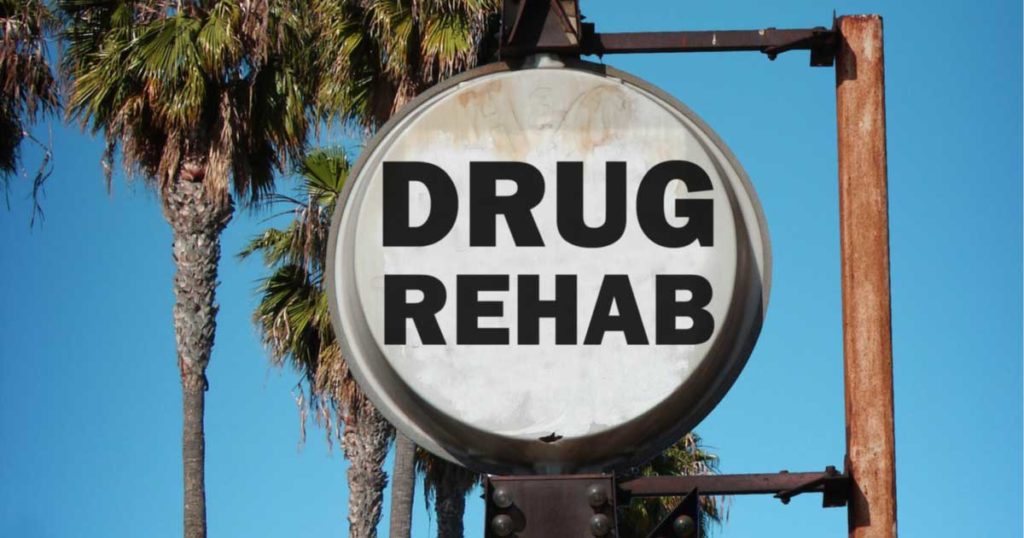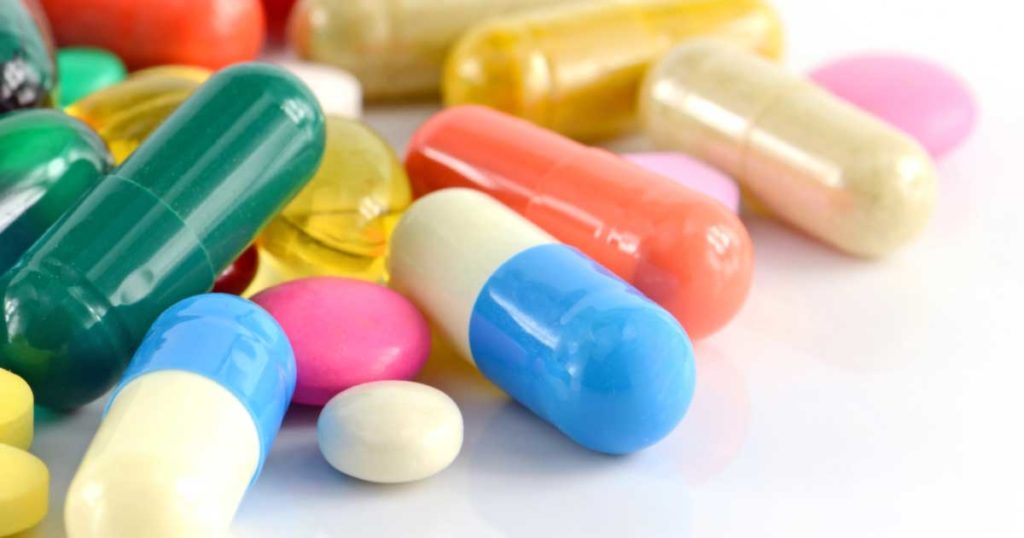“Bath salts” are synthetic cathinones, a group of illegal, manmade stimulants designed to resemble the active ingredient in a plant called the khat plant. These stimulants get their name because, when they first entered wide use in the early 2010s, distributors often marketed them as Epsom salts and other legal products in order to avoid notice. Bath salt drug abuse can seriously damage your mental and physical health. In cases of overdose, it can also kill you. Let’s look at some of the most important facts about these street drugs.
Researchers Don’t Fully Understand Their Brain Impact
No one knows exactly how bath salts affect brain function. However, they chemically resemble several types of well-studied stimulant medications and drugs, including amphetamine, MDMA (Ecstasy, Molly) and cocaine. This means that bath salts and these stimulant substances probably work in similar ways inside your brain.
Mental/Psychological Effects
Researchers already have enough information to know that bath salt drug abuse can have a seriously negative impact on your mental, emotional and psychological well-being. Specific potential consequences of using these drugs include:
- A paranoid mental state that leaves you extremely and unjustifiably suspicious of others
- A state called excited delirium, which includes an intense form of mental agitation and a tendency toward aggressive/violent outbursts
- Panic attacks that include symptoms such as trembling, a rapid heartbeat and a fear of losing your mind, losing your self-control and/or dying
- Hallucinations that can affect one or more of your five senses
Physical Effects
Bath salts can produce a range of highly damaging physical effects. For example, the mental/psychological state of excited delirium is sometimes accompanied by three potentially life-threatening problems: abnormal breakdown of your muscle tissue, dehydration and disruption of your normal kidney function. People who consume these drugs have also reported a wide array of heart-related issues, including angina (chest pain), an extremely high heart rate and hypertension (high blood pressure). In addition, a number of the synthetic cathinones used as active ingredients in bath salts have triggered fatal overdoses, especially in people who inject or inhale them.
Unknown Effects
Bath salts are not made in monitored laboratory conditions. Essentially, this means that no one can guarantee exactly which batches of these drugs contain a given active ingredient. In addition, manufacturers may introduce a range of other substances that have no chemical relationship to synthetic cathinones. All told, these facts strongly indicate that you can never tell exactly how bath salt drug abuse will affect you mentally and physically. If you assume that you know what you’re doing, you can easily make a deadly mistake.
You Can Get Addicted
Like most other drugs of abuse, bath salts can produce addiction when you use them repeatedly over time. The National Institute on Drug Abuse reports addiction symptoms in users that include:
- A “down” or depressed mental state
- An anxious mental state
- A paranoid mental state
- Muscle tremors
- Insomnia or other forms of sleep disturbance
In addition, habitual consumers of bath salts can experience severe cravings for the drugs between episodes of active use. It is important to seek inpatient treatment for bath salt addiction if you suffer these symptoms.
Who Uses Bath Salts?
Figures indicate that bath salt abuse occurs largely among young people in their 20s. However, episodes of abuse have been reported in children under the age of 6. Reports also show that people age 60 or older also sometimes use these illegal drugs.
Use Rates May Be Dropping
Fortunately, awareness of the dangers of bath salts appears to be increasing. In 2012, the American Association of Poison Control Centers reported a total of 2,697 calls related to exposure to these drugs. The number of calls has declined every year since this peak. In the first 11 months of 2016, the nation’s poison control centers only received 360 bath salt-related calls. Resources National Institute on Drug Abuse: Synthetic Cathinones (“Bath Salts”) https://www.drugabuse.gov/publications/drugfacts/synthetic-cathinones-bath-salts National Institute on Drug Abuse for Teens: Bath Salts https://teens.drugabuse.gov/drug-facts/bath-salts American Association of Poison Control Centers: Bath Salts https://www.aapcc.org/alerts/bath-salts/






